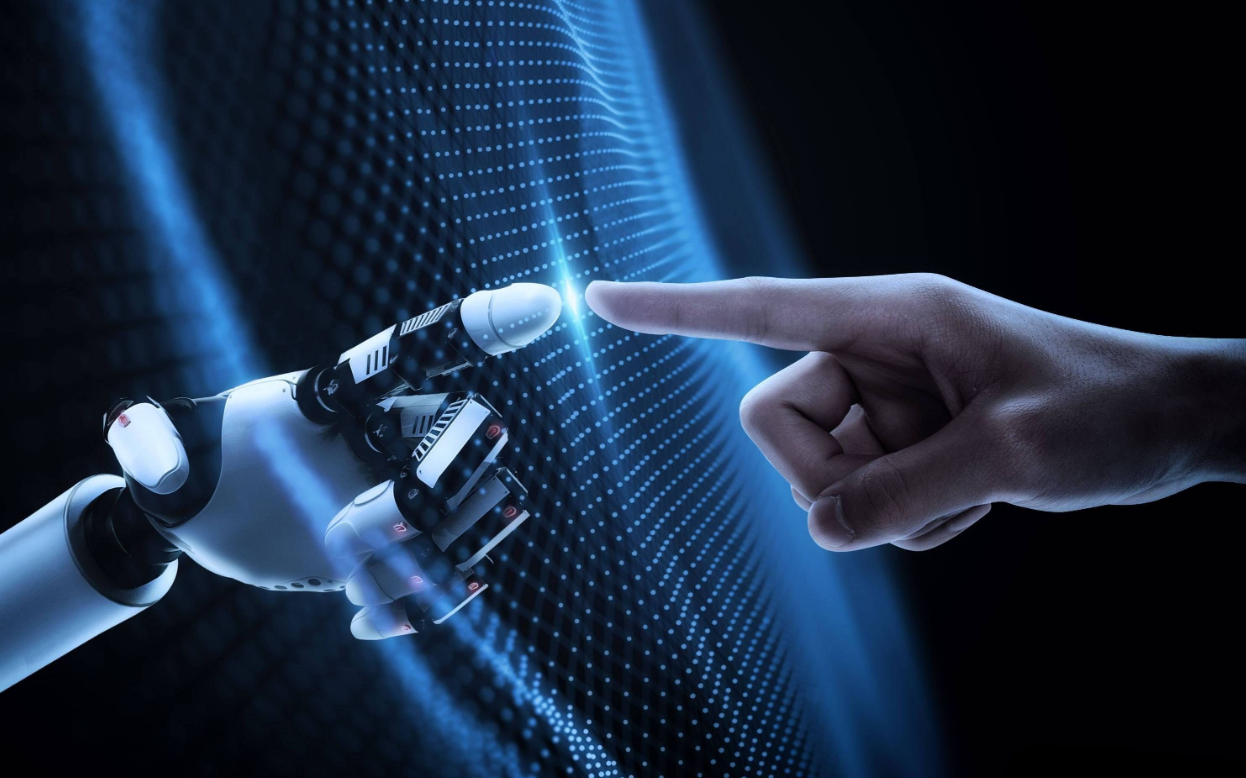The editor of Downcodes brings you an in-depth report on age discrimination in the field of AI. A latest survey shows that in the AI industry, age discrimination is becoming increasingly serious, especially having a huge impact on job seekers over 45 years old. Many companies prefer candidates under the age of 35 when recruiting for AI-related positions, even if they admit that the overall performance of older employees is not inferior. This is not only reflected in the recruitment behavior of human resources departments, but also in AI-driven recruitment systems, where algorithmic screening mechanisms further exacerbate the problem.

The survey, which included 2,610 workers over 45 and 1,488 employers, showed that while 90% of U.S. hiring managers admit that middle-aged and older workers perform as well or better overall than their younger colleagues, when it comes to For AI-related positions, they are more likely to consider candidates under 35 years old. This bias is equally prevalent among European employers.
The timing of this discovery is particularly sensitive. Companies in the U.S. and Europe are now expecting double-digit declines in hiring for entry-level and mid-level positions over the next year, with such declines expected to disproportionately impact middle-aged and older job seekers.
For older workers, the current situation is already dire. A survey of more than 1,600 people in the United States by CWI Labs, an employment opportunity organization, showed that 60% of older job seekers believe that age is an obstacle to their job search, and only 21% expect to find a job within the next six months.
What is even more worrying is that age discrimination not only exists in the HR community, but also extends to AI-based HR technology. These recruitment platforms often use algorithms to screen candidates, resulting in certain groups, including older professionals, being excluded. That's why many legal experts warn that AI recruiting systems could be potentially dangerous.
Mona Mourshed, global founding CEO of Generation, said: “This survey highlights the importance of continuing to combat ageism, but also points to an opportunity: in the AI-driven workplace, we need to take a more nuanced perspective and make full use of different ages and experiences. The unique value brought by employees at all levels.
This phenomenon not only reflects the bias problem in the AI industry, but also reflects the deep-seated challenges facing the entire job market. How to find a balance between technological innovation and talent diversity will be an important issue that the HR field must face in the future.
The survey results are worrying, but they also remind us that we need to actively respond to age discrimination in the AI era, build a more fair and inclusive employment environment, and give full play to the advantages of talents of different ages in order to promote the healthy development of the AI industry. Hopefully in the future more will be done to address this issue and give experienced professionals a level playing field.